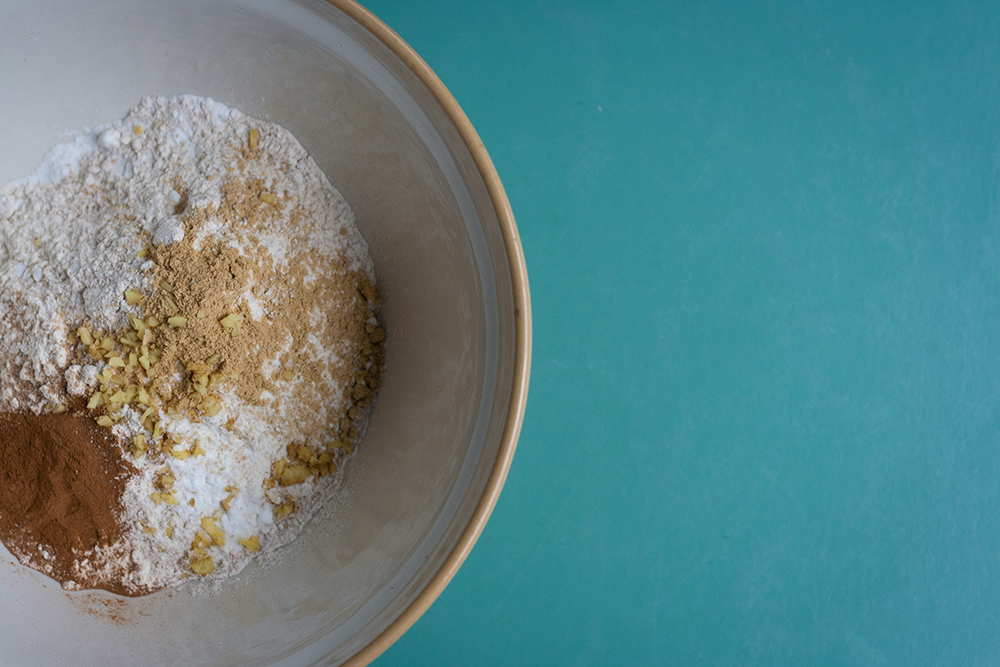I’m involved in leading mindfulness sessions at the Northumbria University. At the moment the sessions don’t include gratitude exercises, but I’m working on it because research does keep showing up strong correlations between practices cultivating conscious gratitude and good mental health outcomes. Indicators of happiness tend to improve and incidence of and severity of depression tend to decrease, for example. When I look at the list of improvements in people’s outlooks, it looks to me as a Christian that if we’re interested in seeing people less envious, more concerned for others, less aggressive, less likely to be vengeful, then helping them (and ourselves!) to be more grateful is a tool we would do well not to ignore. It’s almost like humans are built to be grateful!
In terms of Christian personal formation it’s perhaps no surprise, then that we find a lot of stuff in the Bible that explicitly or by implication encourages us to cultivate gratitude as a general attitude. Paul’s letters have a lot of encouragements to be grateful and the psalms are full of phrases which invite us to join in praise and thanksgiving. I won’t list them -a simple web search or use of a concordance will quickly give you plenty of material.
So how do we become more grateful? Well, it seems both easy and hard. It’s easy because there is a lot for us to be grateful for. It’s hard because remembering to think about our life through this lens can be challenging -especially at those times when we are very conscious of the difficulties and injustices of the world around us. It is hard to practice gratitude when we are most conscious of feeling angry or resentful. So it is good to make sure we practice gratitude especially at those times when it is easier to do so. It builds our capacity to do so when we are less disposed to it.
Many counsellors now encourage people who see them to make a gratitude journal. The challenge is to write each day five, say, things that you are grateful for. Now these could be a variety of things. They could be things that have happened that, on reflection, you can be glad of and therefore thankful for. They could be more general features of your life. I find myself remembering how great it is that we have plumbing and sewage and regular supplies of food, relatively good roads, buses, trains and so on.
I’m challenged by the Jewish practice of having blessing prayers for all sorts of things. So in a sense, they say ‘grace’ over quite a lot of everyday life (including going to the loo!). Perhaps we could emulate that by composing our own ‘graces’ for such things. Usually these prayers are mostly thanking God for the thing and expressing gratitude for some of the good things it brings into our lives. Such a prayer, based on the Jewish normal format could look something like this:
“Blessed are you God -we have the internet which brings into our lives so many things to help us to know how to live better and to connect with people we love and appreciate.” Or in a more Celtic format (for Celtic spirituality seemed to encourage a similar habitude);
“I turn on this tap in gratitude to the God of all the earth, I rejoice in clean water for cleaning and drinking and bless the one who gives living water welling up to eternal life.”
Of course, as Christians we might also want to spend some time remembering what God has done for us in Christ. In this instance, I’d particularly recommend trying to stay in touch with our own feelings about what about God is particularly resonating in us gratefully: is it that God has created? or that God loves us? or that we know forgiveness? Or that we have eternal life? Or that we have a sense of purpose and vocation? Or …? Or …? Or …?
There is an Ignatian spiritual exercise for the end of a day which, as the first part of it, invites us to review the preceding hours looking for the things in it that we can be grateful for, glad of or that have grown our appreciation of what is good. This could be allied to a gratitude diary.
There is one last thing I’d like to note. Sometimes our own gratitude invokes that for some people what may give us cause to be thankful may not be in place. Counting our blessings may help us to be aware that others do not have those blessings. At this, I note that Paul (eg in 2 Cor.9:10-15) sees gratefulness and thanksgiving something that is good when it spreads and when there is cause for it shared -echoing Jesus’s words about ‘then they may see your good works and give praise …’. In that passage Paul encourages gratitude to be shown by sharing. It seems to me that then gratitude leads into intercession both in prayer and in action: we work not only to alleviate need but to share good things and give reason for gratitude to grow.
What I’ve been wondering, is are there any good works of art anyone might know that express gratitude? Let us know in the WhatsApp chat if you know…




